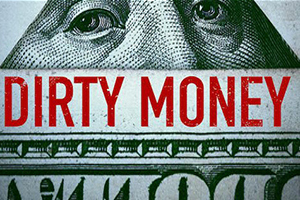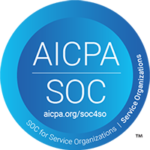

But that isn’t why Shkreli has been in prison since September. He was convicted of defrauding Turing investors and manipulating shares in another company he founded. Not all greed goes unpunished. Just some.
Shkreli’s story opens Episode 3 of the Netflix series Dirty Money, but its primary focus is Valeant Pharmaceuticals. Valeant was the darling of Wall Street earlier this decade, moving from $2.1 billion to more than $70 billion in value before its house of cards collapsed.
Like Shkreli, Valeant’s demise had little to do with its egregious price-gouging of consumers and health plans. Sadly, there’s nothing illegal about that.
They simply did what scores of other pharmaceutical companies have been doing for years: acquiring important drugs for which there is little or no competition and raising prices astronomically. Because they can.
Recent buy-and-raise examples include:
- Avondale Pharmaceuticals purchased the rights to Niacor and raised the price by 809 percent.
- The same company purchased its only other product, the respiratory medicine SSKI, and raised the price by 2,469 percent.
- Horizon Pharma acquired the rights to Vimovo, a common painkiller, and hiked it 11 times since 2013, totaling more than 2,000 percent.
Hillary Clinton and Donald Trump both condemned the practice during the 2016 campaign. And, as seen in Dirty Money, Valeant leaders were grilled before Congress. Other pharma executives have been, too. Yet these same politicians were subject to a record $57 million lobbying effort by the Pharmaceutical Research and Manufacturers of America in 2016 (not counting what individual drug companies and PBMs spent).
President Trump has promised drug prices will come down. He nominated Alex Azar as the new secretary of Health and Human Services. The Senate confirmed him in January. Azar was president of Eli Lilly at the time the company raised the price of its insulin product by $300 per month per patient.
And so it goes.
Valeant and Turing are just two of the more outrageous examples. For every well-publicized buy-and-raise story, there are thousands of incremental price hikes on existing, previously affordable drugs year after year.
We’re all paying for it: as employees, employers, health plan members and taxpayers. Until we choose not to. But right now, few people know what their choices are or that choices even exist. It’s anything but a transparent marketplace.
Rx Savings Solutions is trying to change that. We constantly watch out for both modest and monumental price changes (yes, some drugs actually drop in price). We find every lower-cost alternative or savings opportunity available. We know consumers can’t do it on their own, so we do the work for them. And we tell them what we find, proactively, on an individual basis.
Clearly, we can’t look to the industry to police itself, and lawmakers continue to look the other way. Consumers are our best bet to change this system, but only if they’re armed with the information they need to change their behavior.



